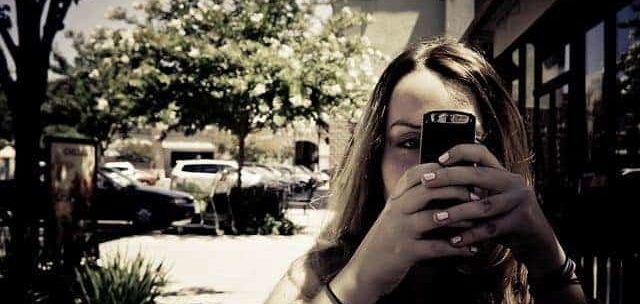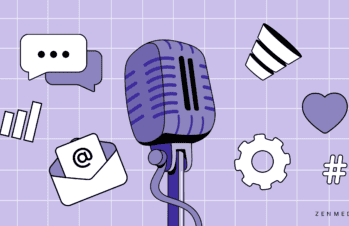Many of us remember the morning of September 11, 2001 vividly. Depending on where you live, you may have been driving in to the office and hearing cryptic reports coming out of New York City about some kind of plane crash. But it didn’t take long for it to become clear that something really bad was happening as we all scrambled to get as much information as we could. News sites were overrun; many of them were simply crashing altogether. At times, several minutes went by with no new or updated information. So we waited.
Fast forward to yesterday. Breaking news alerts start popping up: Explosions heard near the Boston Marathon finish line. But initially, there’s not much more information available. And much like during 9/11 several news sites weren’t loading including Bostonglobe.com. Next stop: Twitter — arguably the best source for breaking news. The dissemination of news through the media is a public service that we rely on to stay looped in to events impacting our lives and world. But advances in mobile technology coupled with myriad status sharing applications like Twitter have allowed an increasing number of individuals and maybe even your company’s social media manager to emerge as citizen journalists enabling us to get news real-time from an almost unlimited number of sources. That said, since your company may find itself with a unique opportunity to share breaking news, it’s important to keep in mind some of the basic rules of journalism.
Focus on the Facts Good reporters know how to focus on the facts. Remember, your tweet may be the first time one of your followers is hearing this news. Be careful not to sensationalize or cause unnecessary alarm. For example, in the early news reports of the Boston attack, many journalists avoided using specific terms such as “terrorism” and “bombs” until all the facts were in. Tweeting only what you know for sure about the situation will make you a credible source for followers who may not have any other access to the news you’re tweeting.
Share information responsibly Don’t retweet or share erroneous or unverified information. To the best of your ability share only the news obtained from reliable sources. Retweeting the self-proclaimed “King of Crazee’s” graphic crime scene description is probably not what you want to share with your followers.
Write with respect When tragedy strikes emotions run high. Extreme anger about the fact that some humans can be so heartless is a common feeling, as well as profound sadness at the loss of life or innocence or our sense of security. All of these emotions are justified, but they don’t give us license to use Twitter to disparage, incite hate or spread rumors. Respect those impacted directly or indirectly by not adding to the hurt with harmful words.
Find your voice There’s nothing more therapeutic in difficult times than putting our thoughts and feelings into words, which is one of the reasons we love Twitter. It gives companies a voice and provides a forum to share any message you want with your audience. Think about that, and consider how your organization can use your 140 characters for good in a world where there’s lots of bad. When you combine social responsibility with the power of social media great things are bound to happen. Want more information about how your company can use social media marketing to communicate your good corporate citizenship? We’re happy to help! Contact the Zen Media Group and we’ll get you pointed in the right direction. Photo Source







